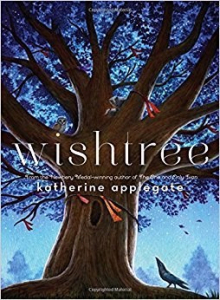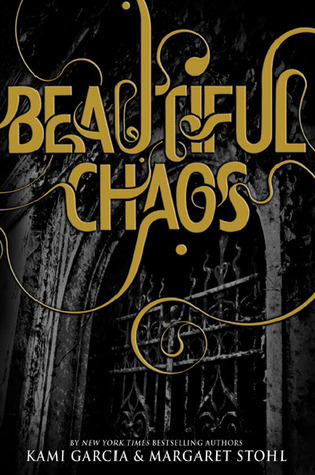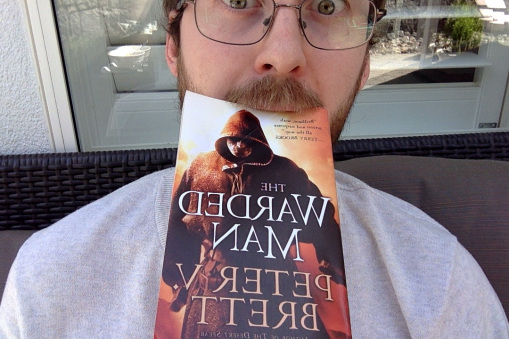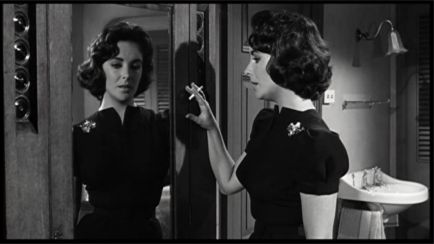“You want to know why we did it? Because we damn well felt like doing it.”
In 1924, two seemingly well-adjusted young men from “good families” abducted and murdered a 14-year-old boy because they were convinced they were bright enough to get away with it. They were indeed bright, perhaps remarkably so, but Nathan Leopold and Richard Loeb got caught almost immediately, their “perfect murder” botched in a way that would be laughably idiotic if the circumstances weren’t so horrifying. (To wit, Leopold dropped his custom-made glasses at the crime scene! D’oh!)
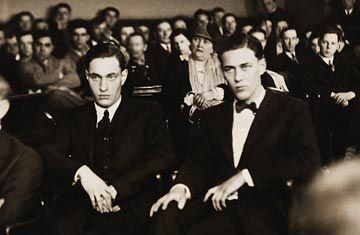
The Crime of the Century long before O. J. Simpson, the Leopold and Loeb case is at the chilling core of Daniel Clowes’ “Ice Haven,” a “comic strip novel” about the small titular town, where a boy named David Goldberg has disappeared. Has he been done in by a local L&L admirer?

If Lloyd Llewellyn , “Like a Velvet Glove Cast in Iron,” and “David Boring” are, at least nominally, surreal mysteries, “Ice Haven” is more about what happens on the periphery of a mystery: David’s disappearance is an excuse to look at the lives of his family, his neighbors, his schoolmates – the surprisingly expansive circle of people touched by the loss of this most insignificant of lives, (and it’s no slight; David himself embraces his own insignificance with stoic pride.)

Clowes, like most of his peers, is a child of the comic strip, and it’s in the Sunday Funnies format that “Ice Haven” unfolds; but although there are Schulz parodies here, (and “Nancy” and “Little Lulu” allusions and, heck, even nods to “The Flinstones”) these strips are mainly riffing on their own Daniel Clowes-ness. That would be self-parody if “self-parody” didn’t usually suggest creative bankruptcy; to the contrary, there’s wealth in this slim volume. Think of it as Clowes’ illustrations for “Our Town” as inhabited by Nabokov characters. A listing of the novel’s wacky cast would read like a chapter index, and give too much away. Go saunter through “Ice Haven,” and meet its denizens. In the words of Random “Not Thornton” Wilder, (the town’s bespectacled, self-proclaimed bard): “It’s not as cold as it sounds.”
RATING: COOL! Perhaps too brief for MASTERPIECE!!!
P. S.:
“While prose tends toward pure ‘interiority,’ coming to life in the reader’s mind, and cinema gravitates toward the ‘exteriority’ of experiential spectacle, perhaps ‘comics,’ in its embrace of both the interiority of the written word and the physicality of image, more closely replicates the true nature of human consciousness and the struggle between private self-definition and corporeal ‘reality.’ ”
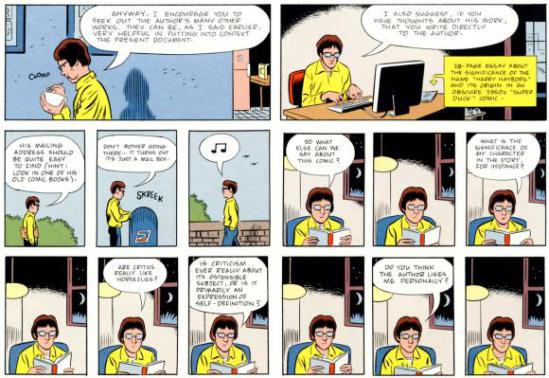
Advertisements Share this:
